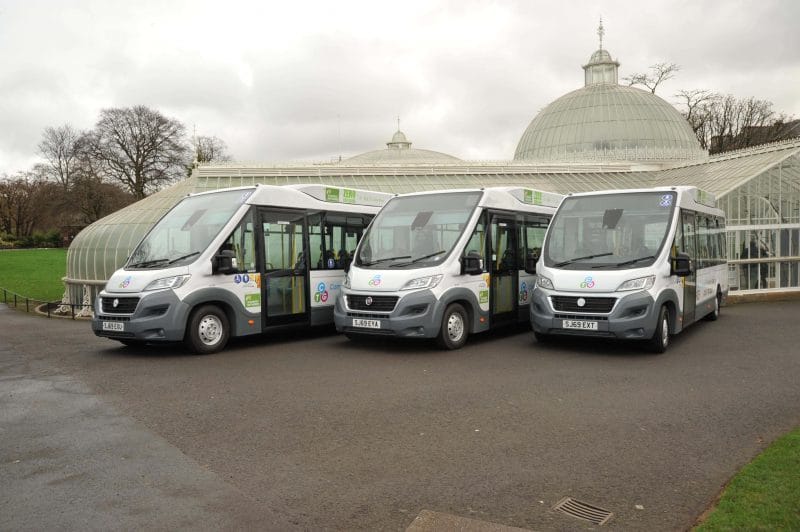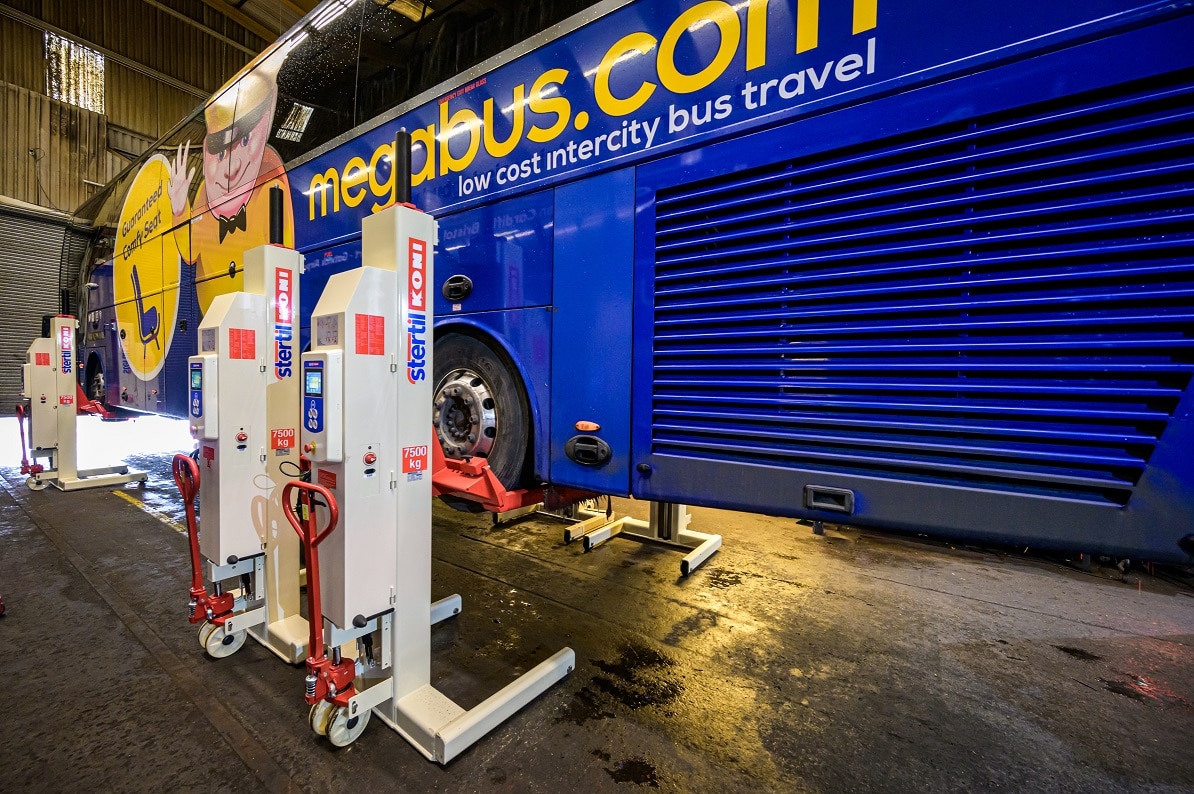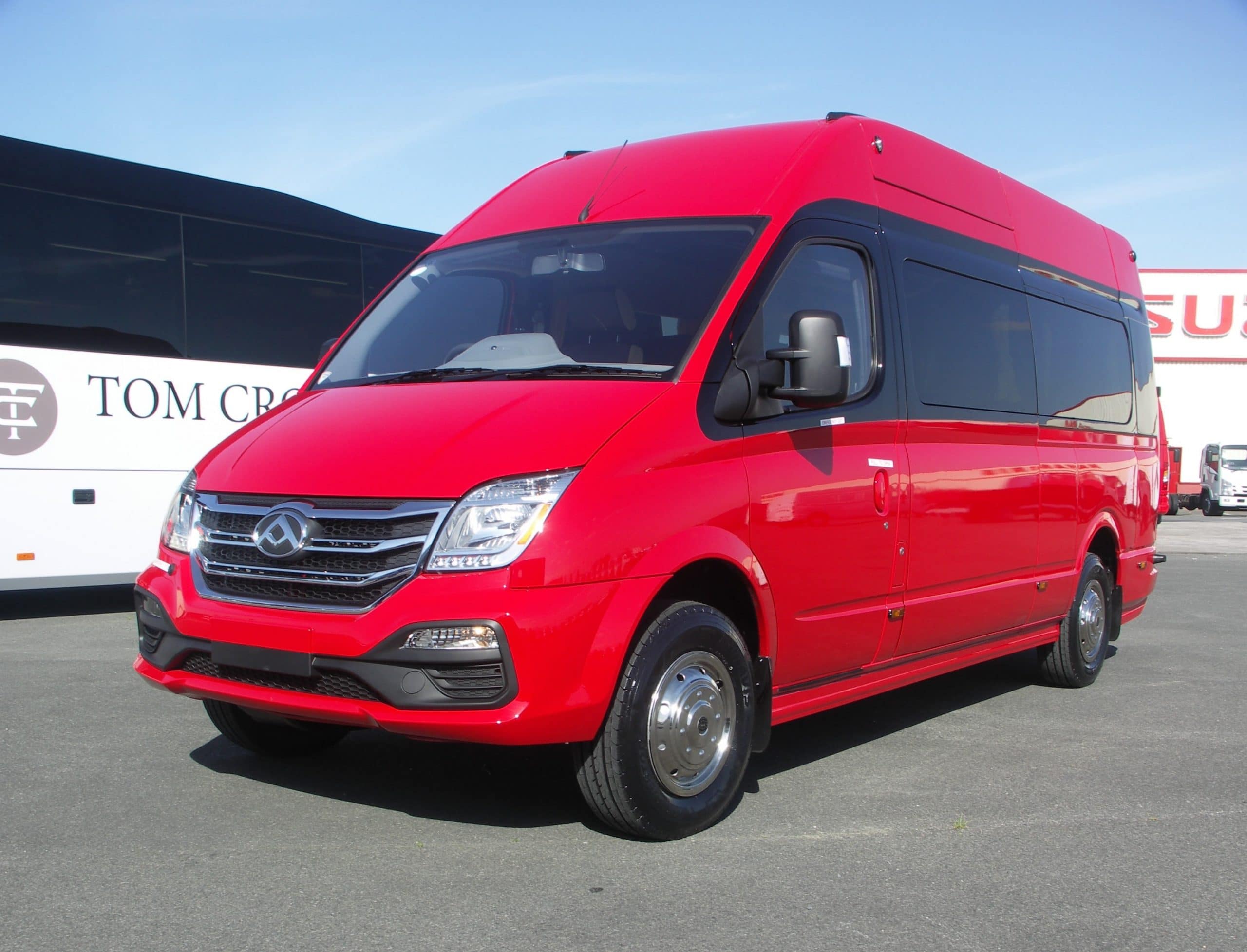Community Transport Glasgow (CTG) has begun the integration of zero-emission vehicles into its fleet with the purchase of five battery-electric Mellor Orion E minibuses.
The deal heralds an aspiration by CTG to have an all-electric fleet by the end of 2020. The advent of Glasgow’s Low Emission Zone turned its mind to disposing of its older diesel minibuses and it then sought funding from Scottish Power Energy Networks through the Green Economy Fund to initiate the move to zero-emission
Community Transport Glasgow moving towards ZE
CTG’s first Orion E entered service in December. All will be delivered by the end of this month. Says Manager Graham Dunn: “We decided two years ago that it was time to start integrating electric vehicles.
“It is great to see these exciting buses, which operate on the latest technology, as part of our fleet. They will make a massive contribution to improving air quality in the city.”
The 5,000kg GVW Orion E’s 96kW motor is fed by two independent strings of batteries that store 92kW/h of energy.
A range of 100 miles is achievable even when the standard climate control system is in use, says Mellor. The minibus has a capacity of 16 passengers.
Mellor Managing Director John Randerson says the manufacturer is “pleased and proud” to supply the minibuses to CTG.
“It is exciting to see the Orion E on the streets of Glasgow providing valuable transport services to communities in and around the city. We are confident that CTG, its drivers and passengers alike will enjoy all the bus has to offer.”
The first minibus of its kind
The Orion E was introduced in 2017 and Mellor revealed a revised model in 2019. It claims that the Orion E is the world’s first completely electric low-floor small bus.
Besides the community transport sector, Mellor says the Orion E is suited to commercial bus work, welfare use and demand responsive transport.



























